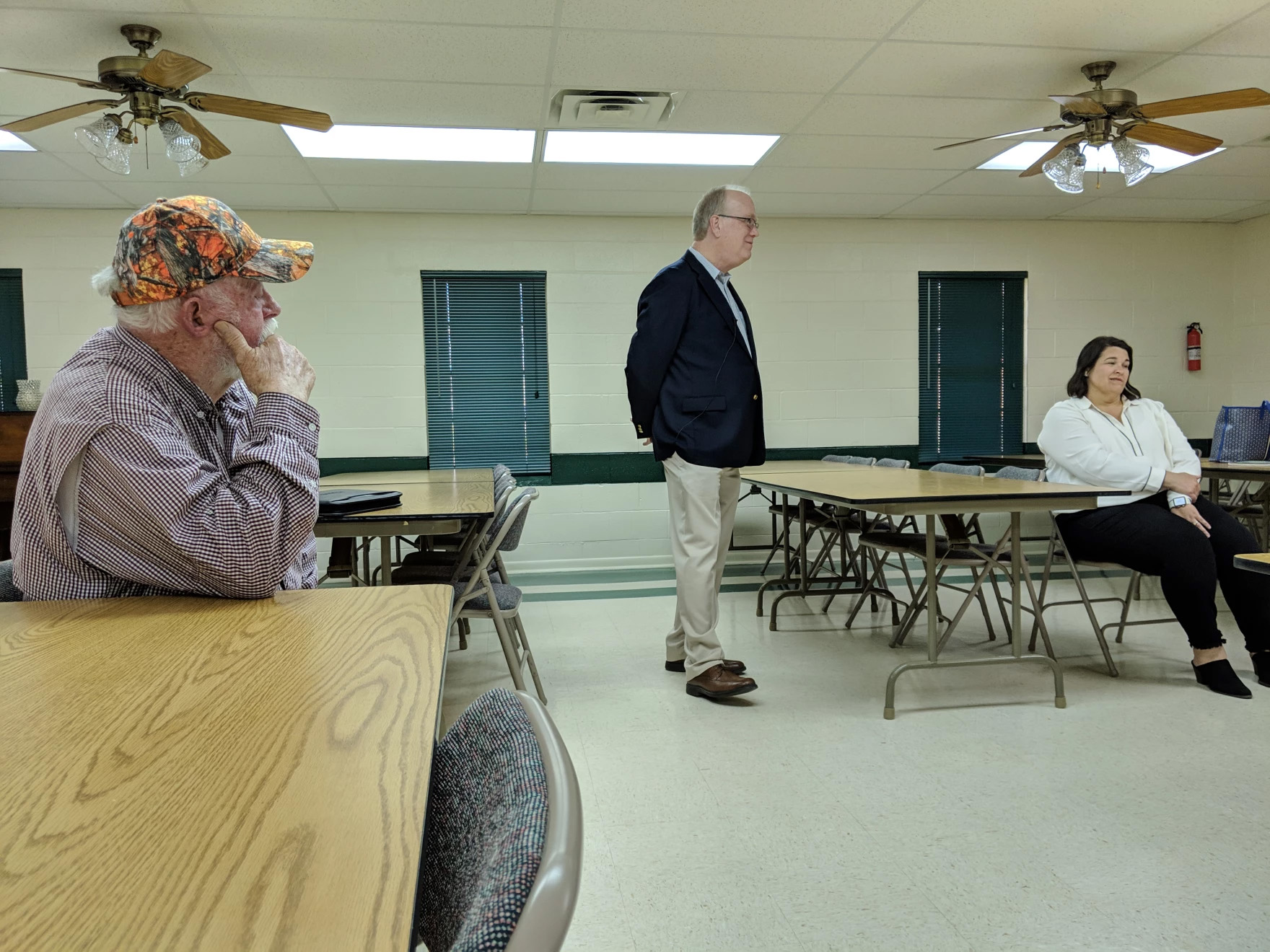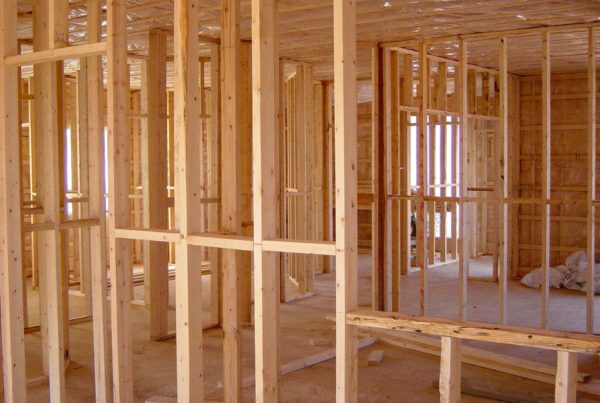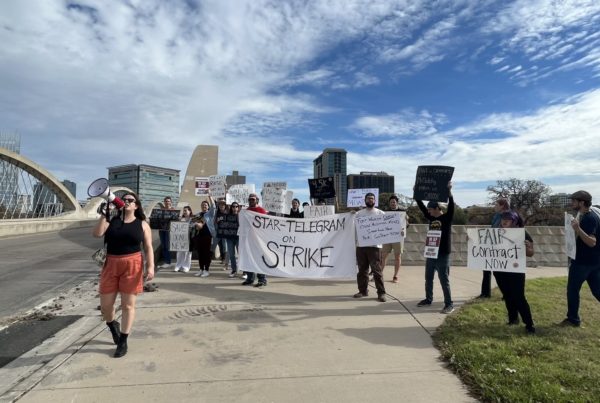From Texas Public Radio:
The Texas office charged with challenging and improving those maps at the state level says it can’t. And that could leave hundreds of millions of dollars on the table that should have gone to expanding broadband in underserved areas.
In small cinder block community centers across deep East Texas, Lonnie Hunt has been preaching the gospel of broadband and how it can save small town Texas.
“I don’t think I need to say this, but why do we need broadband? Because we can’t survive without it in the future,” Hunt said to one group in Corrigan Texas in 2019.
Hunt — a former county judge — leads the Deep East Texas Council of Governments (DETCOG), a predominantly rural region set amongst the piney woods of East Texas.
It’s rich in scenic beauty and small town charm but poor in good internet service.
For four years, Hunt and his team have spent countless hours on the road back and forth across the region and to Austin advocating for broadband funds and preparing for the moment when the government finally decides to pour money into expansion.
The Biden administration’s Infrastructure Bill, with $42.5 billion for broadband, is that moment.
“This is the big pot at the end of the rainbow, we hope, that’s getting ready to come online,” he said this month in an interview.
But Hunt and other broadband advocates were surprised when the November newsletter from the state Broadband Development Office said it would not file a challenge to the current broadband maps and instead asked communities to do it — potentially costing the state hundreds of millions through the Broadband Equity Access and Deployment Program (BEAD).
Many advocates discussed the issue with TPR and described it as an about face that leaves unprepared communities to pick up the slack for the state at the 11th hour.
“Well, it’s disappointing and frustrating. And frankly, I don’t understand it,” Hunt said.
The Broadband Development Office was set up in 2021 under the Comptroller. The office is by statute charged with challenging the FCC broadband maps. But in the November newsletter — the day the federal government issued its new maps — it said it couldn’t.
According to the BDO, it can’t because Lightbox — the company it paid millions to map Texas and to find at the granular level what availability looks like throughout the state — hasn’t reached an agreement with the FCC.















